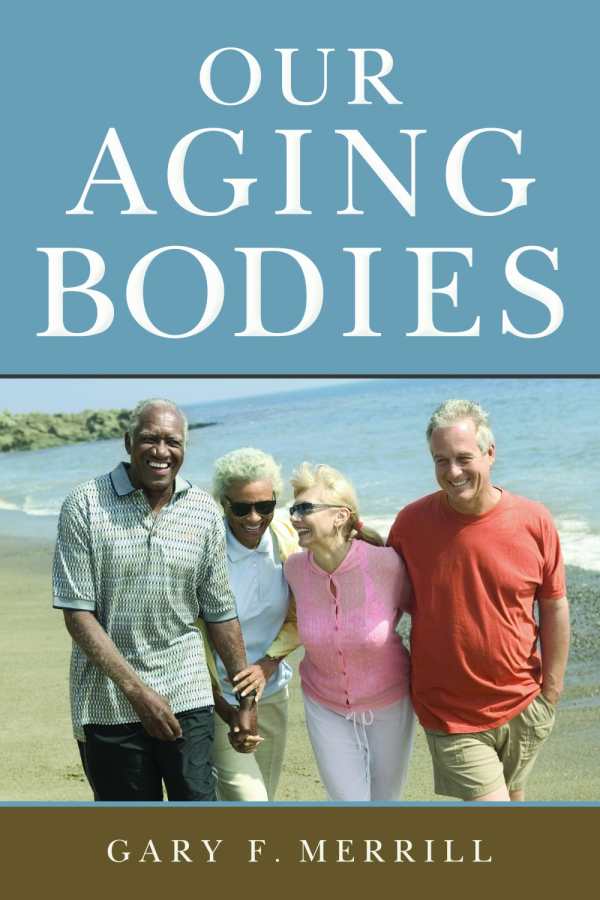Our Aging Bodies
Merrill skillfully balances explanations of these highly complex systems with anecdotes about his own health experiences and those of other people.
Gary F. Merrill, a professor of cell biology and neuroscience at Rutgers University, presents abundantly fascinating scientific information about the human aging process in Our Aging Bodies. Written for a lay audience, this book describes in detail the adverse effects of unhealthy choices on human longevity.
Beginning with a chapter overview about how people age, ensuing chapters explore the nine physiological systems that comprise the human body and sustain life. This includes the endocrine, immune, reproductive, urinary, musculoskeletal, cardiovascular, and respiratory systems, and Merrill explains how each component of these systems undergoes subtle but significant changes as people age.
Subheadings within chapters identify lesser-known, tangential functions within each system. For instance, a chapter on the nervous system contains the subheading “The Aging Brainstem and Hearing.” In this section, Merrill explains the relationship between a high-calorie diet and age-related hearing loss. Elevation of insulin caused by overeating can result in hearing impairment. Suggesting the common-sense alternative of reducing food intake, Merrill writes, “The evidence that overeating impairs hearing and accelerates the aging process is that undereating does the opposite in both animals and humans.”
In another example of surprising cause and effect, Merrill explains that the liver, part of the gastrointestinal system, undergoes changes in metabolic function with age. Doctors prescribe more drugs to older patients to help alleviate symptoms of multiple ailments. This challenges the impaired liver to properly metabolize the drugs, causing “their dangerous accumulation in the circulation and tissues of the elderly.”
Merrill’s analyses of human physiological systems and relaxed, first-person narrative make available to general readers important information about how the human body evolves and changes as it ages. The detailed scientific text is complemented by Merrill’s personal anecdotes and repeated, friendly reminders to exercise, eat well, and relax. However, the book’s format of data-rich text and tables overpowers visually and would benefit from additional white space.
Our Aging Bodies explains how the human body develops, matures, ages, and declines and will benefit those interested in improving their health, well-being, and longevity.
Reviewed by
Margaret Cullison
Disclosure: This article is not an endorsement, but a review. The publisher of this book provided free copies of the book to have their book reviewed by a professional reviewer. No fee was paid by the publisher for this review. Foreword Reviews only recommends books that we love. Foreword Magazine, Inc. is disclosing this in accordance with the Federal Trade Commission’s 16 CFR, Part 255.

